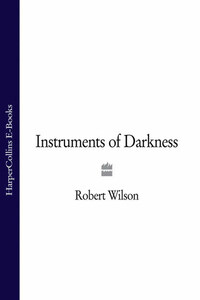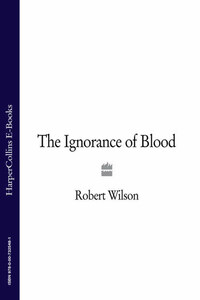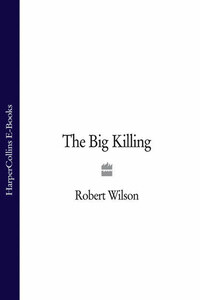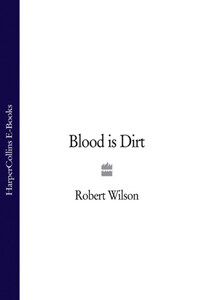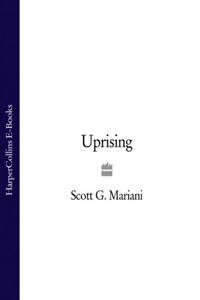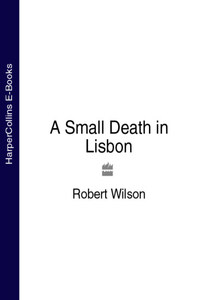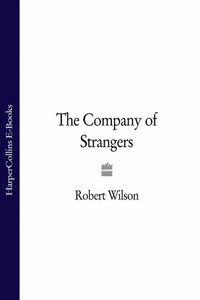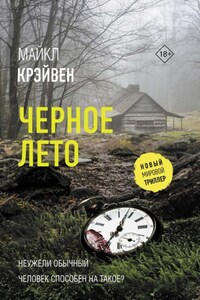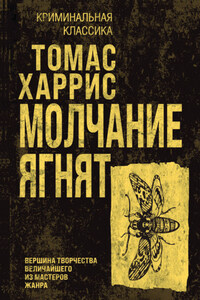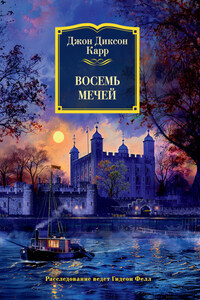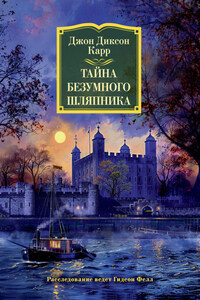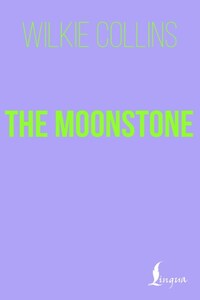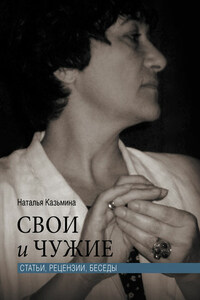The French West African currency, the CFA, was devalued in January 1994 from 50 CFA to 100 CFA to the French franc. All financial transactions in this novel are based on the old rate.
Although this novel is set very specifically in West Africa, and its backdrop is the Liberian Civil War, all the characters and events in it are entirely fictitious and no resemblance is intended to any event or to any real person, either living or dead.
My name is Bruce Medway. I live in Cotonou, Benin, West Africa, along that stretch of coast they used to call the White Man’s Grave because it was hot, humid, and full of malaria. It still is, but we don’t die so easily now. Air conditioning and quinine have made us smell better and more difficult to wipe out.
I travelled across the Sahara a couple of years ago and stayed. I knew I wasn’t going back before I came. I used to live in London where I made good money in a shipping company. The boredom crushed me, the traffic nearly killed me and the recession threw me out of a job.
Now I live in this warm, damp hole in the armpit of Africa and it suits me. The house is rented. I share it with Moses, my driver, who occupies the ground floor and Helen, my cook and maid, who lives with her sister nearby and comes in every day.
I don’t make much money. I’d make more without Moses and Helen, but then, cooking and driving in 100 degrees isn’t much fun, they need the money, and I like them.
I’ve got some work. I collect money for people, some of which is late, more of which is very late and most of which is so late it’s stolen. I organize things for people – offices, transport, labour and contacts. I negotiate. I manage. Occasionally I find people who’ve lost themselves, some of them accidentally, others on purpose. I’ll work for anybody unless I know they’re criminal or if they ask me to follow their wives or husbands. My clients are mostly expatriates. A lot of them I wouldn’t invite back to my mother’s, and that’s probably why they’re here and not there.
They come here to trade as they have done for the last 500 years. They’re a different crowd now – Lebanese and Armenians, Chinese and Koreans, Syrians and Egyptians, Americans and Asians. The Europeans are still here as well, toughing it out with the soggy climate. A lot of them drink too much, some because there’s nothing else to do and others because they want to forget why they’re here.
They trade with the Africans and the Africans trade with each other and they all move up and down the coast with the same aim – a fast, hard buck. In Ghana and Nigeria, the old British colonies, the bucks aren’t hard and fast. Their currencies, the cedi and the niara, flop about with the price of cocoa and oil. In Togo, Benin and Ivory Coast the French keep a foot in the door of their ex-colonies by supporting the CFA franc (Communauté Financière Africaine) at fifty to the French franc so that’s the hard, fast buck that everybody’s after. When they get it, they want more. It’s no different to anywhere else in the world.
Tuesday 24th September
There were a few worse places to be in the world than outside warehouse 2 in Cotonou Port, but I couldn’t think of them. Moses and I were on our haunches in 105 degrees and – it felt like – 200 per cent humidity. I was losing weight and patience.
Berthed on number 2 quay, in air crinkled by the heat from the baked concrete, was the Naoki Maru. It was a 14,000-tonner dry cargo ship with a rust problem and an Oriental crew who leaned on their elbows at the ship’s rail, waiting. Waiting to discharge my client’s 7000 tons of parboiled rice from Thailand which was going to be sold to Madame Severnou, who I was waiting for to come and give me the money. Above us, on the roof, a couple of vultures were waiting for someone to make a mistake crossing the road. A driverless fork lift stood outside warehouse 3 with a pallet of cashew nut sacks a metre off the ground waiting to put them down. I could see the driver, waiting and doing some sleeping on some sheanut sacks in the warehouse. We were all waiting. This is Africa where everybody has mastered the art of waiting. Waiting and sweating.
The sweat was tickling my scalp as it dripped down the back of my head. I could feel it coursing down my neck, weaving through my chest hair, dribbling down my thickening stomach and soaking into the waistband of my khaki trousers so I knew I’d have a rash there for a week. I wasn’t even moving. The dark patches under my arms were moving more than I was. I looked down at my hands. The sweat hung in beads off my forearms and dripped down my knuckles and in between my fingers. Christ, even my nails were sweating. I looked at Moses. He wasn’t sweating at all. His black skin shone like a pair of good shoes.
